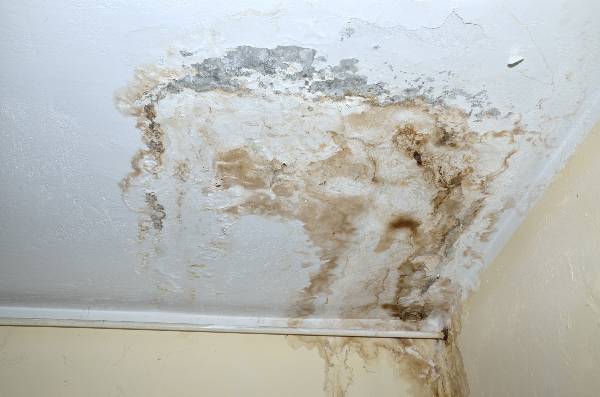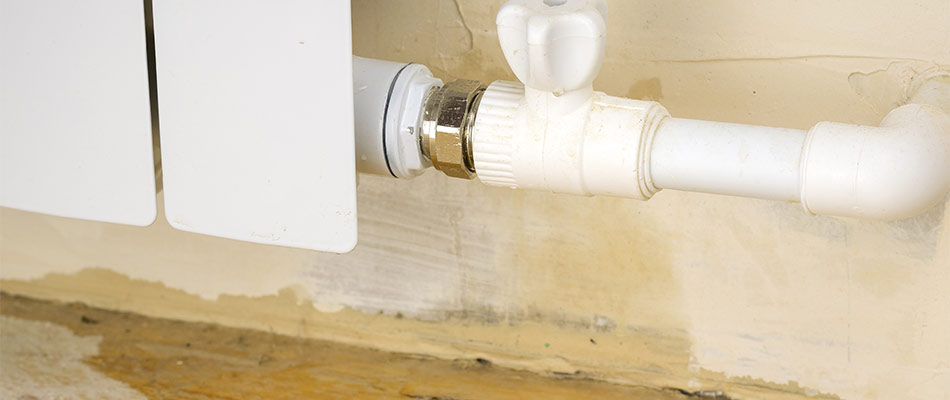Overview To Water Leakage Detection At Home
Overview To Water Leakage Detection At Home
Blog Article
They are making a number of great pointers on Hacks to detect leaks in general in this content directly below.

Early discovery of dripping water lines can mitigate a possible disaster. Apart from saving you cash, it will certainly lessen the aggravation and stress. The minute you find a leak, calling your plumber for repairs is the most effective solution. Nonetheless, some small water leaks may not show up. If you can not find it with your nude eyes, here are some hacks that assist.
1. Examine the Water Meter
Every residence has a water meter. Examining it is a guaranteed way that aids you find leaks. For beginners, shut off all the water sources. Ensure no person will flush, make use of the faucet, shower, run the cleaning maker or dishwashing machine. From there, go to the meter and watch if it will change. Given that nobody is using it, there must be no motions. If it relocates, that suggests a fast-moving leak. If you detect no adjustments, wait an hour or 2 and inspect back again. This indicates you may have a sluggish leakage that could also be below ground.
2. Inspect Water Intake
If you detect sudden modifications, in spite of your intake being the same, it implies that you have leaks in your plumbing system. An unexpected spike in your costs shows a fast-moving leakage.
A steady increase every month, even with the same routines, reveals you have a slow-moving leakage that's additionally slowly intensifying. Call a plumber to thoroughly check your property, especially if you feel a warm area on your floor with piping below.
3. Do a Food Coloring Test
When it comes to water consumption, 30% comes from toilets. If the shade in some way infiltrates your bowl throughout that time without flushing, there's a leakage between the tank and also dish.
4. Asses Exterior Lines
Do not neglect to examine your outside water lines too. Must water leak out of the link, you have a loose rubber gasket. One little leak can waste tons of water as well as spike your water bill.
5. Examine the situation as well as evaluate
House owners need to make it a practice to examine under the sink counters and even inside cupboards for any type of bad odor or mold and mildew development. These 2 warnings suggest a leakage so prompt interest is called for. Doing routine assessments, also bi-annually, can save you from a major issue.
Inspect for discolorations as well as compromising as many appliances and also pipelines have a life expectations. If you presume dripping water lines in your plumbing system, don't wait for it to escalate.
Early detection of dripping water lines can alleviate a prospective catastrophe. Some small water leaks may not be noticeable. Examining it is a guaranteed method that helps you uncover leakages. One small leak can waste bunches of water and also surge your water bill.
If you believe dripping water lines in your plumbing system, don't wait for it to escalate.
5 Signs that Your Home Has a Hidden Leak
Your water bill is unusually high without explanation
Generally, your water bill tends to stay consistent throughout the year as long as the same number of people live in your household year round. The bill might be higher during certain times of the year, such as summer, when your lawn may require more watering than it does in cooler months. However, if you notice a rise in your water bill that you can’t explain, it’s an indicator that there’s a hidden leak somewhere in your home.
You hear running water
One of the biggest signs that you have a water leak is the sound of rushing water when no plumbing fixtures are on and when no water-using appliances are running. If you hear running water in your walls when no water is being used anywhere in your home, locate your home’s main water shut-off valve, shut off your water supply, and contact a plumber at once.
Your home smells musty
Hidden leaks often occur in dark spaces, such as behind walls or under carpeting. Incidentally, darkness and moisture can create an ideal breeding environment for mold or mildew. If you start to smell mildew or the scent of rotting wood or stagnant water around your home, it’s a fair bet that a leak is the culprit.
You find wet spots around your home
The wet spots usually show up as moist areas in your carpeting. If your home has a basement level, puddles on the floor could indicate a slab leak. Outside, unexplainable puddles or lush, green patches in your yard often mean that there’s a leak in your sewer line or main water line.
You have stains, bubbles, or condensation on your walls/ceiling
Stains or condensation on your walls or ceiling are both major signs of a hidden leak. Also, drywall (AKA. sheetrock) is very absorbent, and as it takes on more water from a leak behind a wall, it will start to bubble, swell, or warp. If you see this happening in your home, don’t wait to contact a plumber before the water damage spreads.
https://www.ezflowplumbingaz.com/blog/2019/june/5-signs-that-your-home-has-a-hidden-leak/

I hope you liked our topic about Detecting hidden plumbing leaks. Thank you so much for taking a few minutes to read our piece. So long as you enjoyed our page plz make sure you remember to share it. I take joy in reading our article about Hacks to detect leaks.
Report this page